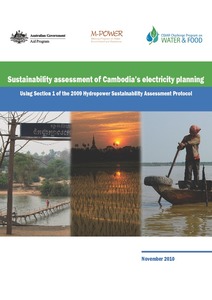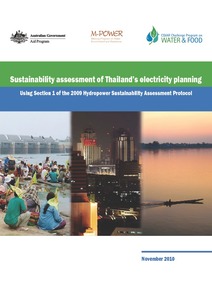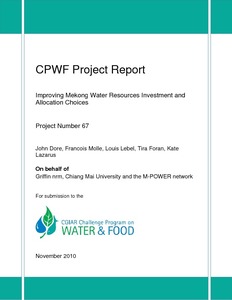Natural Resources and Environment Newsletter
Welcome to the first issue of the Natural Resources and Environment Newsletter. Each month, we will be bringing you information about important issues and events, new publications and projects, and interviews with experts on various issues related to bioenergy, climate change, genetic resources and biodiversity, land resources, land tenure and water resources




